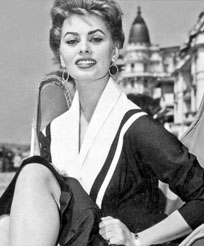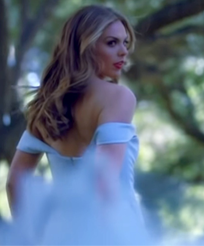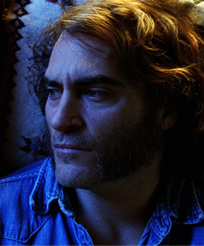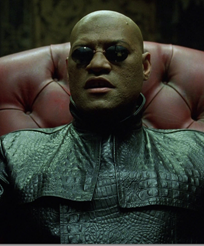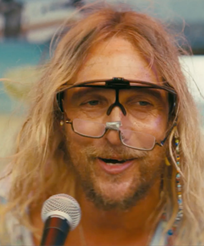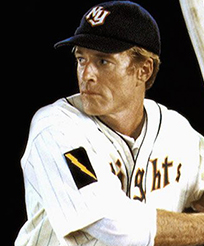The best part of any Gary Oldman movie—he isn’t in them. Any of them. It’s like the case of the disappearing actor. And nowhere is this more evident than in his transformative performance as Winston Churchill in Joe Wright’s Darkest Hour. Encumbered with a fat suit, floppy jowls, wrinkled chrome dome, boozy slur and creaky timeworn gait, he sheds any sense of himself to become Churchill incarnate.
You think of Gary Oldman and jump immediately to his most extreme performances—and there’ve been doozies. Over the top to the point of operatic are his characters in Sid & Nancy, State of Grace, Bram Stoker’s Dracula, True Romance, Romeo is Bleeding, The Professional, The Fifth Element, Air Force One, The Contender, Hannibal, The Book of Eli, Lawless and Immortal Beloved. No actor’s ever done menacing and intimidating quite as convincingly. And within the pantheon, not one character’s remotely like another: not in looks, accent, body language, or even fury.
However, when much more rarely cast in what he’s dubbed as his “sitting down parts,“ Gary Oldman becomes the quiet, moral, even delicate, center of films like Batman Begins, The Dark Knight, The Dark Knight Rises, four Harry Potter films, The Scarlet Letter—and of course, Oldman’s single Oscar nominated performance as world-weary spy George Smiley in John LeCarre’s Tinker Tailor Soldier Spy.
Finally, after 35 years in the movies and zero Oscars, he’s 2018’s Best Actor Oscar frontrunner. But, unlike many of his top-tier colleagues, Oldman’s no statuette-seeking ass kisser. He’s never had a publicist, except for one ten-day period. He once told me, after his only Oscar nom for Tinker Tailor, “It’s lovely to have been nominated after a long career, but I never campaigned for this, didn’t take ads out, none of that. If they don’t recognize my work, fuck ‘em. If they do, lovely.” The man doesn’t sugarcoat it, ever. Just watch his YouTube interviews. The actor is as upfront as his characters are murky.
And Oldman’s the most-lauded actor among much-lauded actors: Jessica Chastain and Jennifer Lawrence call him their actor crush. Jim Carrey, Colin Firth, Tom Hardy, Dustin Hoffman, Benedict Cumberbatch, Michael Fassbender, Christian Bale, Joel Edgerton, Joseph Gordon-Levitt, Tom Hiddleston and Daniel Radcliffe have all referred to him as their idol and ultimate chameleon—the actor’s actor. Brad Pitt once declared, “I’m good—but not as good as he is.”
Oldman now finds himself barraged with Churchill kudos, and the real nominations haven’t even started. He’ll receive the Best Actor award at 2018’s Palm Springs Film Festival Gala (an awards season kickoff), after receiving one for a lesser honor in 2012. Brad Pitt took home the Best Actor award that year, accompanied by Angelina Jolie; George Clooney showed as presenter. The subsequent hoopla all gravitated towards their high-wattage celebrity. Yet when Oldman’s career retrospective clip reel played before his speech, there was a standing-O just for the reel—then a second clap of thunder when he ascended the stage. His modest acceptance was the antithesis of what the audience witnessed onscreen: self-deprecating, gentlemanly, elegant. And a little mumbly. Clooney came on right after; his face gone white. “Now that’s a hard act to follow. Gary, you f**k it up for the rest of us!”
Goldman is fundamentally an actor, not a star. Where other actors may seek roles to suit their specific strengths, he chooses roles because they’re hard—whether he’s starving himself to junkie weight for Sid & Nancy or taking months to find George Smiley’s glasses in vintage stores for Tinker Tailor Soldier Spy. Winston Churchill took him a year to relent to—because of those historical speeches—but in the end, Oldman says, “It was like turning down Falstaff or King Lear—to have the opportunity to stand in a room and with 600 people and to say, ‘We shall fight you on the beaches’—I couldn’t resist.”
The Churchill of Darkest Hour—a dubious drunkard of a prime minister—has to make the crucial decision to fight the Nazi’s, who’ve then trapped the British army at the beaches Dunkirk in 1940, when Parliament chooses to cave to capitulation. “You don’t argue with the lion when he’s got your head in this mouth!” Churchill bellows. Oldman nails it; listen to old recordings of Churchill’s thundering voice and you can barely discern the difference—in cadence, accent or passion. Darkest Hour reviewers all say Churchill won the war with words. Oldman may very well clinch his Oscar that way, too.






